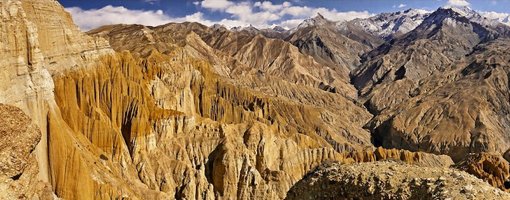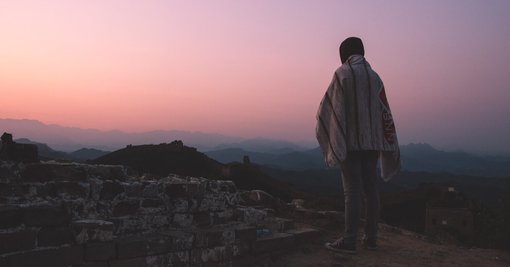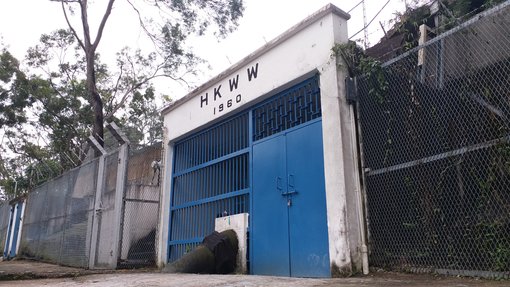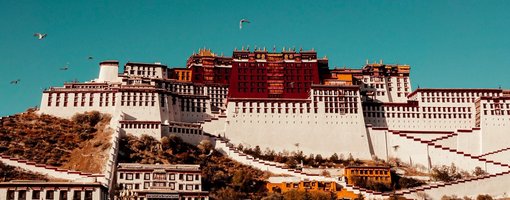About Mount Kailash
Mount Kailash, also known as the King of Sacred Mountains, is located in the Purang County of the Ali Region in Tibet and is the main peak of the Gangdise Mountains. It is not only a sacred mountain for multiple religions such as Buddhism, Hinduism, and Jainism, but also a place recognized worldwide as mysterious. Mount Kailash attracts numerous adventurers and tourists with its magnificent natural scenery and profound historical and cultural heritage. Walking on the winding pilgrimage route, you will encounter many determined pilgrims. they will devoutly kneel down along the mount. Such firm faith gives people the motivation to fully immerse themselves in life, turning the pilgrimage into a process of life experience.
Kailash Manasarovar Yatra
The best season for the Kailash Manasarovar yatra is usually from mid-May to mid-October. The weather is very cold at other times, reaching as low as minus 30 degrees.
In Tibetan Buddhism, the inner circuit is more sacred, the journey is short but the road is dangerous, and the difficulty is high. Tibetan Buddhism believes that completing 13 outer circuits (continuously completing 13 circuits) qualifies one for the inner circuit, so there are not many people who do the inner circuit, and it is not recommended.
The outer circuit is a large circle around Mount Kailash, about 55 kilometers, and depending on personal physical strength, it takes 2-3 days. Prostration takes 7 to 10 days. The entire Mount Kailash Kora is 55 kilometers long with a cumulative ascent of over 1000 meters. It is a high-altitude trek throughout, requiring a high level of physical fitness. If you do not have experience in high-altitude trekking, it is not recommended to trek Mount Kailash. The lowest altitude along the way is 4600+ meters, and the highest altitude is 5600+ meters. It is usually divided into two days to complete the clockwise pilgrimage route.
Transportation and Documents Required
Since Mount Kailash is located in the Ali Region of Tibet, about 1200km from Lhasa, transportation is relatively inconvenient. It is recommended to fly to Lhasa, China first, and then travel to Mount Kailash by land transportation. If you do not have a Chinese visa, you will need to apply for a visa first, and then apply for a Tibet Entry Permit. If you are exempt from a visa or already have a Chinese visa, you only need to contact a Tibetan travel agency about a month in advance for the Tibet Entry Permit.
Of course, you can also travel overland from Kathmandu, Nepal to Mount Kailash, which is about 800km. However, according to the policy, this often requires a Chinese group visa, even if you are from a visa-exempt country or have a Chinese visa. The Chinese group visa requires 5 people to apply together at the Chinese Embassy, which is not suitable for solo travelers.
Accommodation, Cuisine and Clothing Recommendations
Accommodation conditions are relatively simple at Everest Base Camp and the Mount Kailash trek, it is recommended to choose well-reputed local inns or guesthouses. In Lhasa/Shigatse, the accommodation conditions are better, and you can choose star-rated hotels (even 5-star hotels) or comfortable homestays. The best in Saga is a 4-star hotel.
The cuisine in the Tibet region is mainly Tibetan dishes, such as Qingke wine, butter tea, and lamb hot pot. In addition, you can also taste local snacks, such as Tibetan yogurt and Zanba. In Lhasa/Shigatse, you can also taste a variety of Tibetan barbecue and noodles. However, there are not such good conditions for trekking around Mount Kailash, so you need to bring your own food.
Due to the high altitude and cold weather in the Mount Kailash region, it is recommended that tourists wear warm, comfortable, and waterproof clothing and shoes. In addition, you should prepare sunscreen, sun hats, sunglasses, and common medicines such as painkillers and cold medicine.
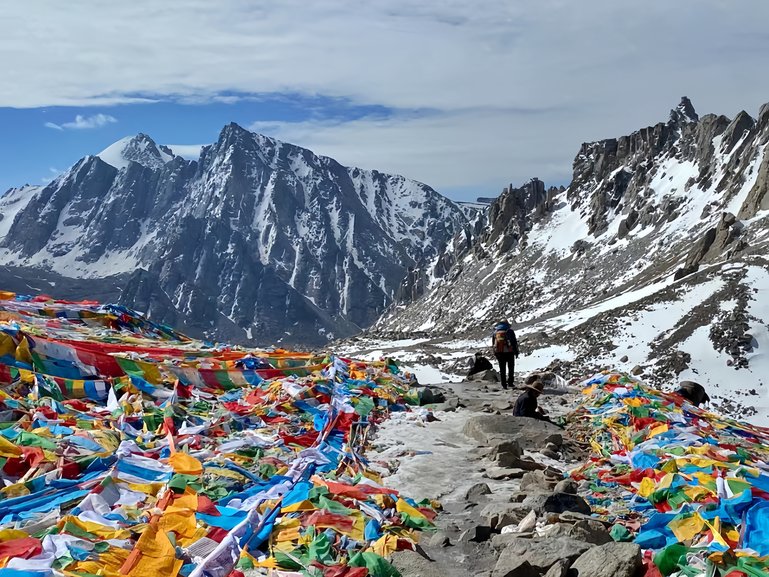
Mount Kailash
What you should notice
1. Altitude Sickness: Mount Kailash is located in a high-altitude area, and tourists may experience symptoms of altitude sickness during the journey, such as headaches, fatigue, and insomnia. It is recommended to learn about altitude sickness in advance and to pay attention to rest and diet during the trip.
2. Weather Changes: The climate in Tibet is changeable, with large temperature differences between morning and evening. It is advisable for tourists to prepare clothing according to the weather forecast to cope with temperature changes.
3. Respect Local Customs: When traveling in Tibet, please respect the local religious beliefs and customs to avoid offending local residents.
4. Environmental Awareness: During the adventure, please keep the environment clean, do not litter, and protect the natural environment.
5. Safety Issues: During trekking adventures, please pay attention to safety, follow the arrangements and advice of guides or local guides, and avoid accidents.
Through the above travel guide, I hope to help you better understand the charm of Mount Kailash and provide useful reference for your adventure. Wish you a pleasant journey!



